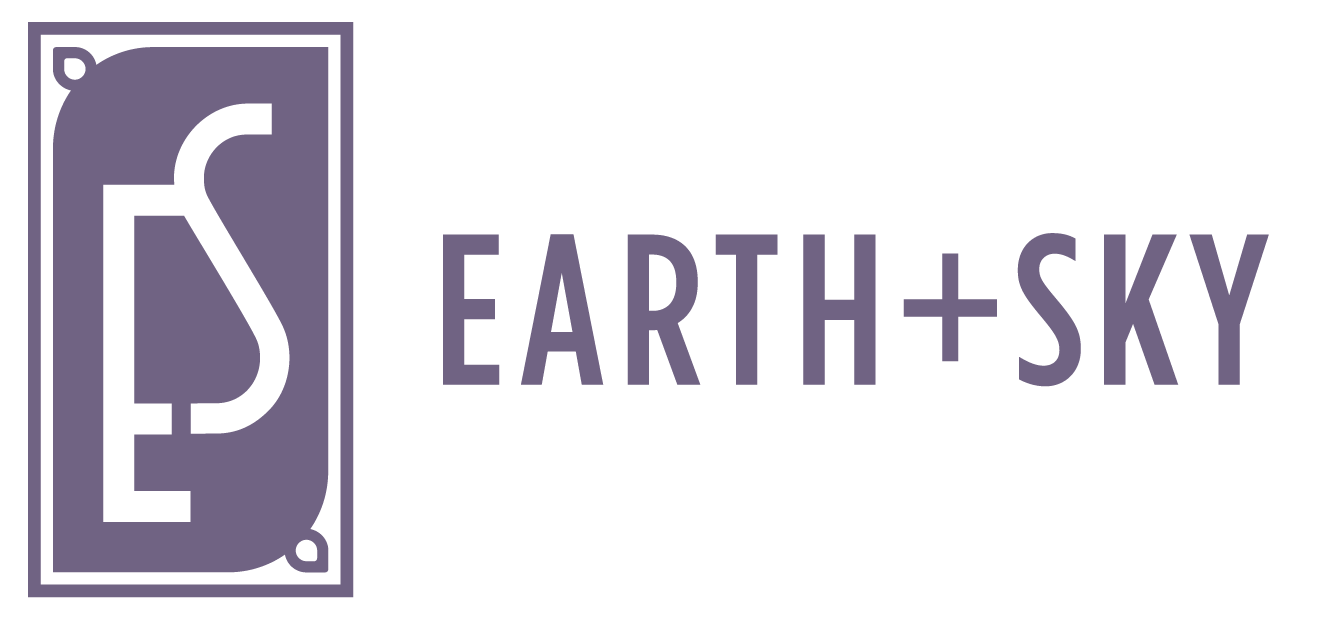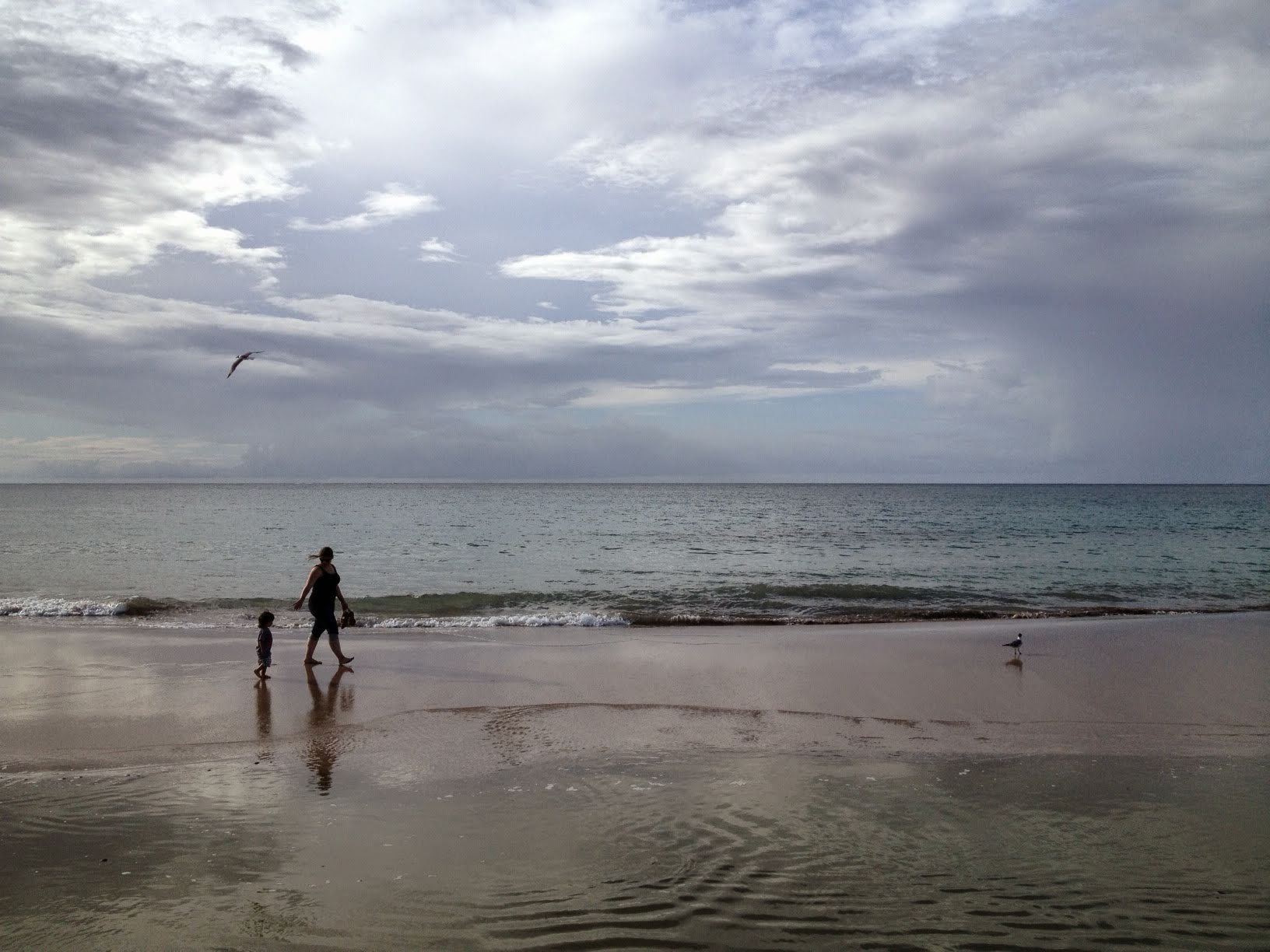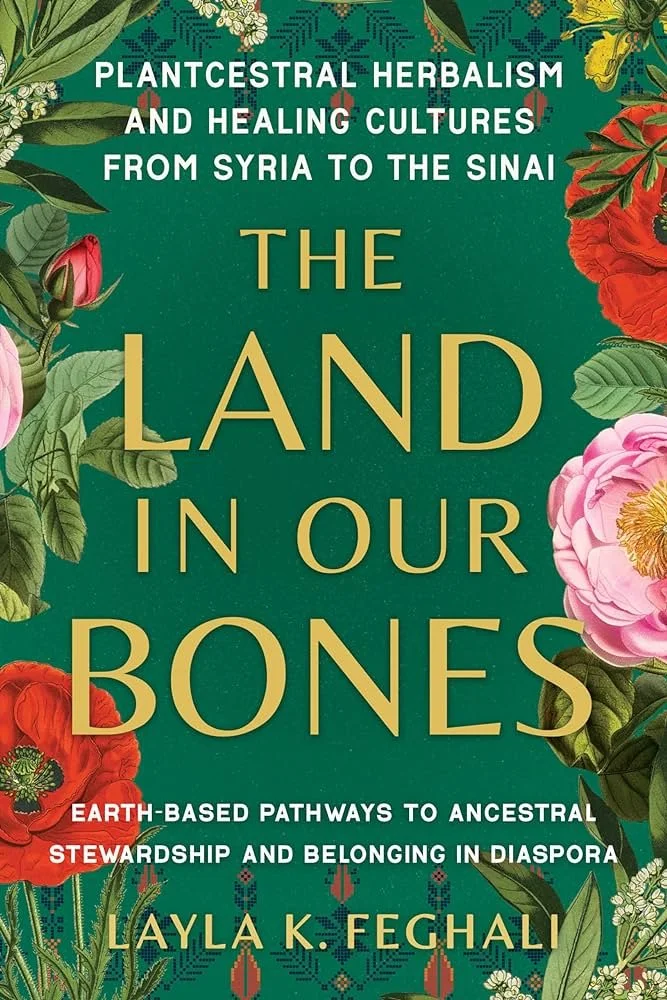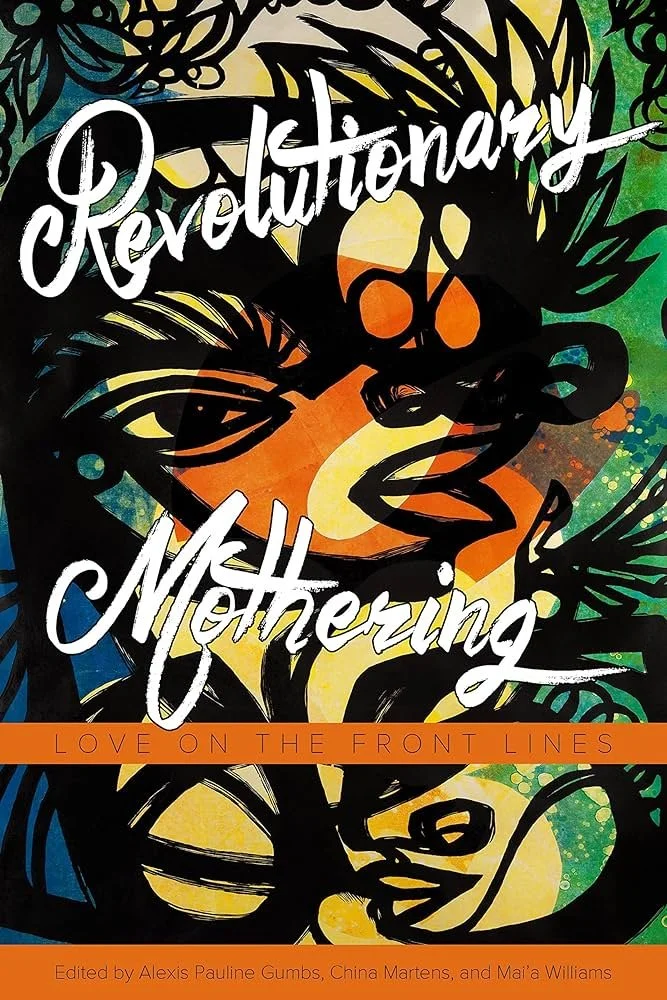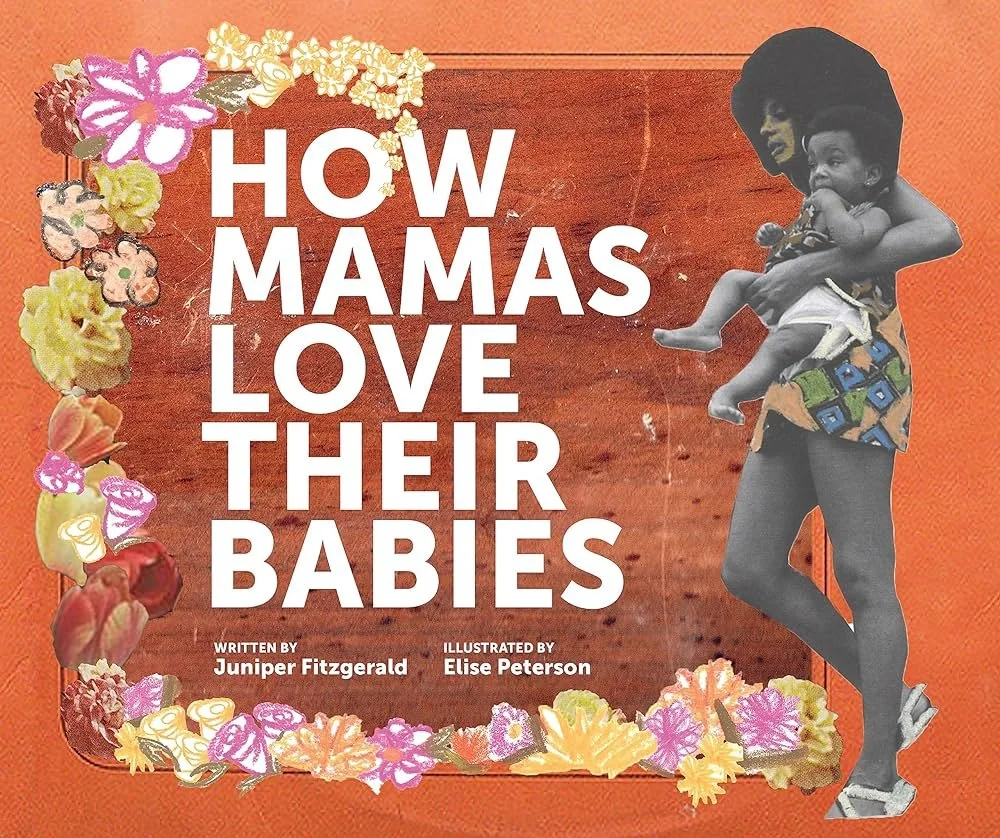“Treating the Mother”: Earth + Sky Mother’s Day
By Nicole Acosta Nemergut
“Treat the mother to treat the child” is one of the seven aphorisms of pediatrics in Chinese Medicine. When mothers are nourished, loved and cared for, children can be better nourished, loved and cared for. This wisdom is embedded into Chinese Medicine through the generating and control cycles of the five elements. Each element nourishes the next until it comes back in a cycle. The element that nourishes is called the Mother. Wood is the Mother of Fire, providing the kindling for it to grow, while Fire is the Mother of Earth whose ashes provide the rich minerals for the soil to create life.
Mother in this case is a verb, an action that requires resources to be used, but not used up. If there is not enough Wood we can’t have a bright and vibrant fire, Likewise too much wood causes the fire to burn out too quickly. Alexis Pauline Gumbs invites us to think, “what would it mean for us to take the word ‘mother’ less as a gendered identity and more as a possible action, a technology of transformation that those people who do the most mothering labor are teaching us right now?” (Gumbs, Martens, WIlliams, 2016). I wrote this just after reading the sweetest card from my two dear friends who just celebrated their child’s first birthday. It was full of tenderness and gratitude but even in their newness as mothers I’m learning from their kindness, patience and consideration of their child and each other.
Who are the mothers in our lives that work to nourish, care and transform, whether they have given birth to us or not? Whether they have given birth to anyone or not? Who does the transformative labor of tending to the next generations? In her new book, Layla K. Feghali writes how, “the medicine of our matriarchs is powered by love in an unyielding devotion to life’s affirmation, with every seed of possibility becoming a valuable resource at their hands.” The lesson is seemingly simple, “to tend to the life in front of you.” (Feghali, 2024)
The call to tend to the lives in front of us is increasingly difficult as we lose more of our networks of collective care. The complex task of Mothering that should be shared across generations and in community is increasingly isolated. People are Mothering in impossible circumstances through genocide, traversing deep jungles and precariously crossing oceans. In the US the transformative process of pregnancy and birth is fraught with increasing danger as we have one of the highest and racially disparate maternal mortality rates in the world, as pregnant people are turned away from life saving emergency care and different paths to family making are closed off. Tending to the life in front of us is critically important.
These are structural issues that require structural solutions. Working at this scale can feel overwhelming, but when we care for individuals, that care ripples out to anyone whose life touches theirs.The structural solutions we need will come from the hearts, minds and lived experiences of individuals and communities. In tending to the life in front of us we create new possibilities for all of us. I’m not flippant or naive enough to suggest that the solution is to get a massage or acupuncture. However, when I walked out of my own massage appointment with Chelsea, I was not kidding when I said, “Thank you so much. My kids are going to have such a great spring break.” I said this without thinking and somewhat awkwardly, but in her amazing work of tending to my own life in front of her, she shored up my resources to be more present and centered as I Mother my own children and family, provide herbal support for my community and tend to my own patients as an acupuncturist. Treat the mother to treat the child.
Caring for those who do the transformative work of Mothering is a life-giving act that shapes whole communities. Treating the mother, to treat the child has wide reaching impacts we can only begin to imagine.
Reading Recommendations
This is a book about herbs and people rooted in land and place. Feghali provides rich information on plants from Ca’aan while anchoring them in their cultural and historical context. She also offers pathways to healing our relationship to land and plants for those in diaspora. There isn’t much that I can say to capture the magic and power in this book.
This collected anthology was inspired by the legacy of radical, queer Black feminists of the 1970s and 80s. It is a challenging and joyful read that takes readers through essays, poetry and personal narrative. The writers of Revolutionary Mothering invite us to imagine new ways of loving and caring for one another through the work of raising children.
This beautiful picture book highlights mothering as work. It uses collage and zine style illustrations to show the different work mothers do to care for their children.
